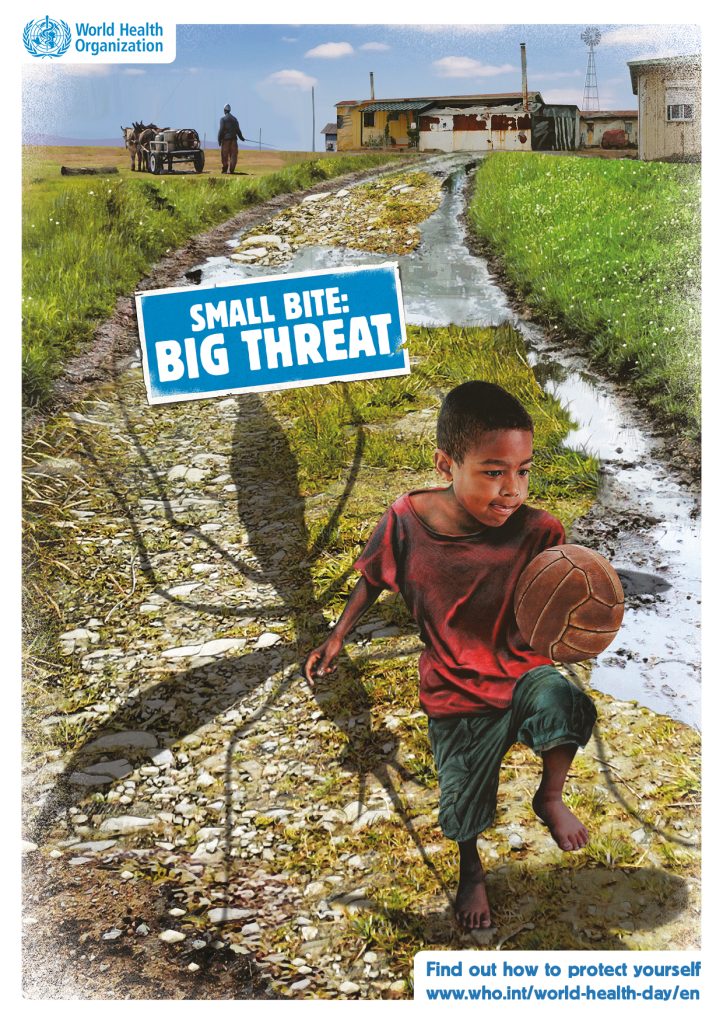8th October 2014, TOI carried an article “Number of people affected with dengue in India maybe 300 times higher than what is officially reported: ICMR study”
Such a revelation coming from Indian Council of Medical Research lends it authenticity. Speaking to LifeCountz team doctors on their experience, 300 times may be a conservative figure. What, apparently, constitutes the reported cases are those treated &/ or hospitalized at municipal/ government medical institutions and those who succumb to it. There is no registry where all private practitioners and private labs have to inform and collate data and we all know that close 85-90% healthcare is in private sector.
Let us take this article as a wake up call!
We, as a community, should be concerned about Dengue
Few stats (from WHO)
– Dengue is now found in over 100 countries
– Over 2.5 billion people are at risk globally
– Dengue is now virtually endemic (found round the year) in India
– Dengue even kills
Dengue is a viral disease and the virus is transmitted to human by the bite of AedesAegypti (daytime mosquito as against Malaria where Anopheles mosquito bites after dusk).
Dengue fever is a self-limiting disease. Death in dengue is due to
- Thrombocytopenia
- DHF (Dengue Haemorrhagic Fever) and
- Dengue Shock Syndrome (DSS)
Every year World Health Organization declares a theme on World Health Day (7th April); The theme for 2014 is “Preventing Vector Borne Disease”and the slogan is “Small bite, big threat”
Dengue is no more restricted to the poor population; in Indian Metro cities a higher incidence is seen in the so-called ‘posh’ areas, among the high rises and the affluent population.Those living without access to adequate housing,safe drinking water and sanitation are, definitely, more at risk; also especially susceptible are malnourished people and those with weakened immunity.
What can & should be done?
Self-help is divided into:
Environmental management: strategies that can reduce or eliminate mosquito breeding grounds.
- Avoid water logging around the house
- Ensure overhead water tanks are shut tightly
- Change water in indoor planters, every week
Biological controls: (e.g. bacterial larvicides and larva eating fish) that target and kill mosquito larvae. Allow municipal/ local body workers to use insecticides as & when deemed necessary. Use safe agents to kill mosquitoes.
Personal protection: using screens/ devices to protect oneself from the vector bite.
- Sleep in screened area
- Minimize exposed skin surface after dusk, that is when mosquitoes come out
- Avoid swimming or wading in river, pond
- Wear long sleeves and full pants after dusk
- Children should have long sleeved night clothes
Preventive strategies:
- Don’t delay seeking medical attention for a fever. It could turn out to be sinister! Self-medication only till a doctor is available.
- Continue treatment as recommended; Ask preventive medicine from your doctor!
- Maintain a balanced hygienic diet!
Dengue is preventable and treatable!
Prof Alaka Deshpande has an experience of over 45 years teaching and treating patients at JJ group of hospitals, Mumbai. She specialises in Infectious diseases esp. HIV-AIDS and received Padmashree for her pioneering work in the field of HIV-AIDS. She also played a crucial role in developing the nuclear medicine, critical care and AIDS units of the Sir JJ Group of Hospitals, Mumbai. She is a member of Scientific Advisory Committee, National Ageing Research Institute (NARI)




Please comment with your real name using good manners.